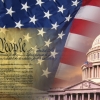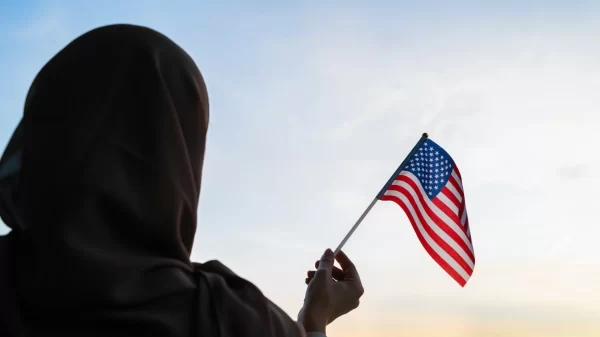A bill to ban “divisive concepts” in Alabama classrooms will be debated once again when the Legislature returns to session in the spring.
State Sen. Will Barfoot, R-Pike Road, said “pen hasn’t been put to paper yet” but expects the bill to closely resemble last session’s legislation that failed to come before the full Senate for a vote.
Although the bill does not specifically name Critical Race Theory, it has been categorized as an anti-CRT bill by critics as Republicans across the country have taken aim at the theory.
Barfoot expects to carry the bill in the Senate while Rep. Ed Oliver, R-Dadeville, expects to carry it in the House again after successfully guiding it to passage last year.
It wasn’t a smooth path to passage though as the House state government committee discussed the bill at two separate meetings before finally passing it in a third meeting that lasted less than a minute with no chance at discussion by the committee’s Democrats.
By the time the bill passed on the House floor, it had been amended multiple times, including the striking of two sections of the bill relating to slavery and meritocracy and an amendment added by Rep. Barbara Boyd, D-Anniston, clarifying that nothing in the legislation should be “construed to prohibit the teaching of topics of historical events in a historically accurate context.”
“I think that’s a great amendment,” Barfoot said. “My mother was a history teacher, I love history, I love reading about it — the good, the bad and the ugly. I think (that amendment) cured some of the concerns about not being able to accurately teach history.”
There are 10 divisive concepts listed in the bill, including among others:
- “That this state or the United States is inherently racist or sexist;”
- “That an individual, solely by virtue of his or her race, sex, or religion, bears responsibility for actions committed in the past by other members of the same race, sex, or religion.”
- “That any individual should be asked to accept, acknowledge, affirm, or assent to a sense of guilt, complicity, or a need to work harder solely on the basis of his or her race or sex.”
Barfoot said the bill is important regardless of whether any of the divisive concepts are currently being taught in Alabama schools. He said he had no firsthand knowledge of incidents that would run afoul of the law, but said he’d heard that it may have occurred in some school districts in the state.
“The bigger picture is that an ounce of prevention is sometimes worth a pound of cure,” Barfoot said. If the divisive concepts aren’t being taught, he said, the bill will not interfere but will prevent them from being taught in the future.
The bill drew criticism from Democrats and many in the educational system, who said the la could have a chilling effect in the classroom, as violating the law would be a firable offense.
Although the bill failed to make it out of the Senate, Barfoot said he believes that is because of a lack of time, not a lack of votes.
“There were a couple of big pieces of legislation at the end of the session,” Barfoot said. “I don’t think there would have been an issue getting it passed, we sort of just ran out of time.”




















































